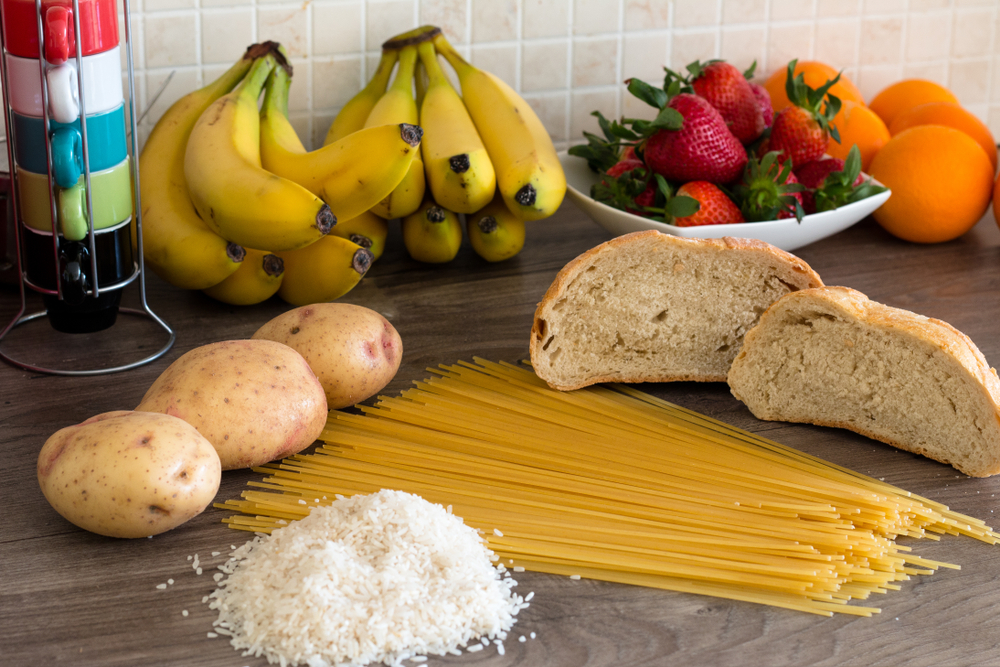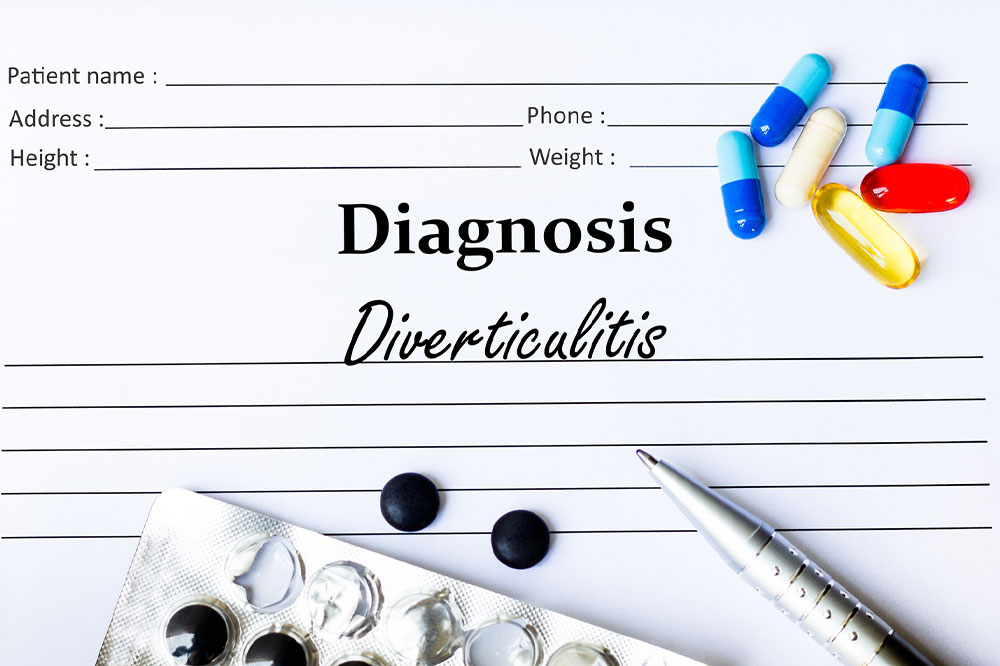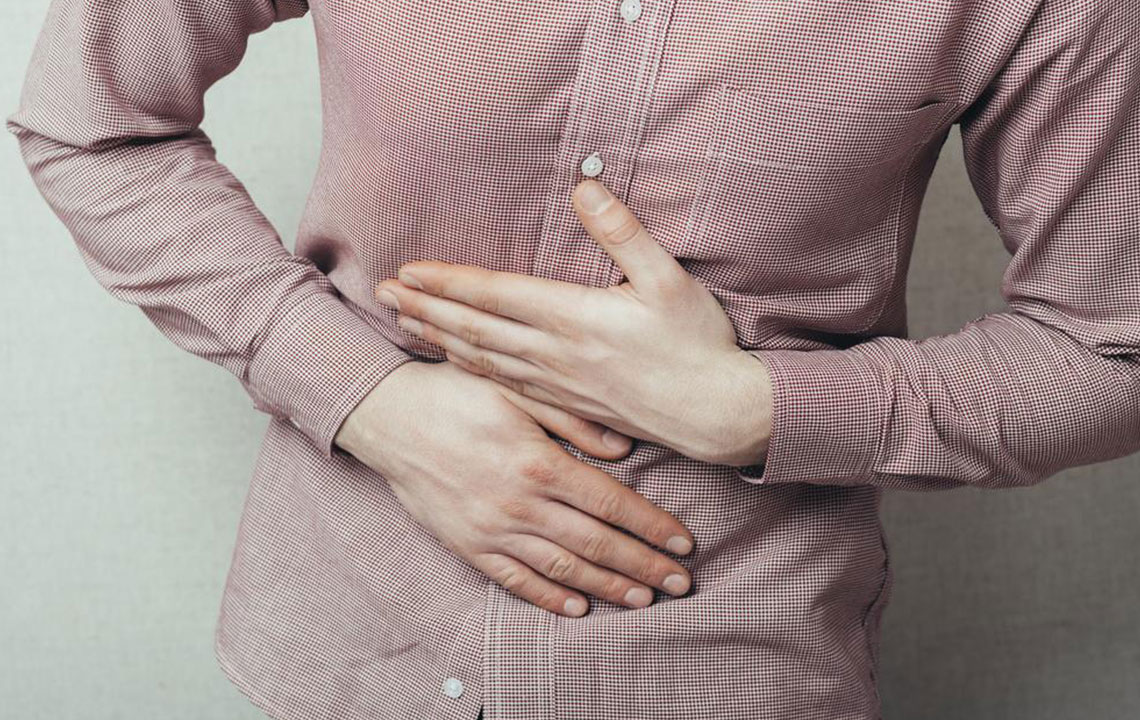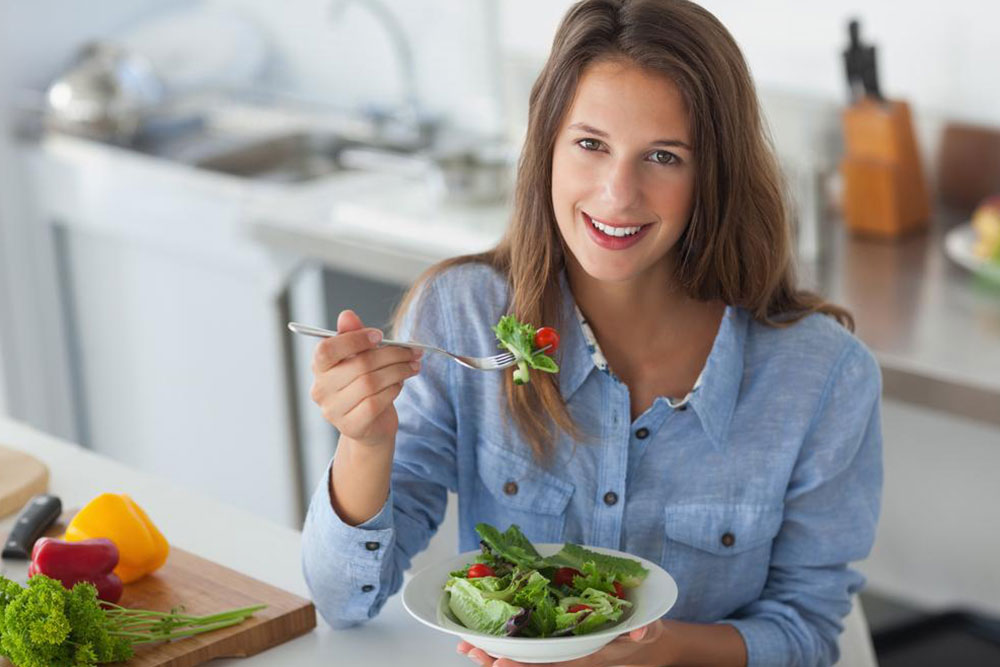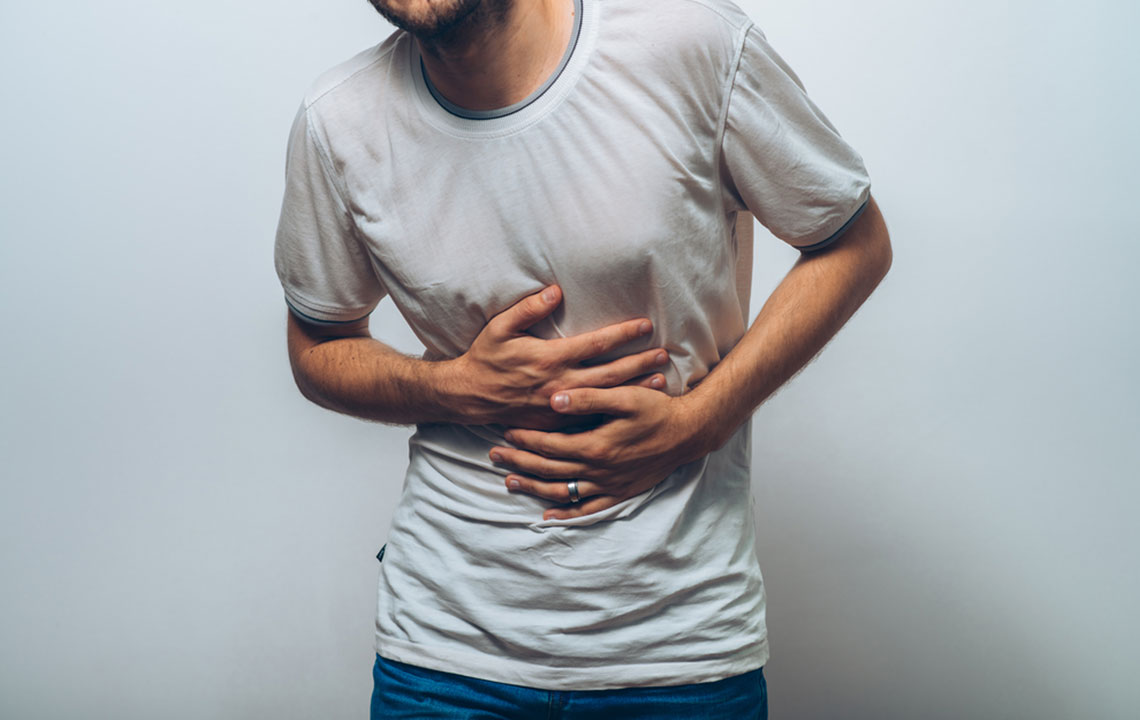Comprehensive Guide to Foods That May Trigger Diverticulitis and Effective Prevention Strategies
Discover detailed insights into foods that can cause diverticulitis and learn practical strategies to prevent flare-ups. This comprehensive guide highlights the impact of nuts, seeds, fried foods, sugary beverages, dairy, and more on colon health, emphasizing lifestyle and dietary modifications essential for those at risk. Proper hydration, moderation in spicy foods, and avoiding harmful habits like smoking are key to maintaining a healthy digestive system and reducing inflammation. Empower yourself with knowledge to protect your gut and improve your overall well-being through informed dietary choices.
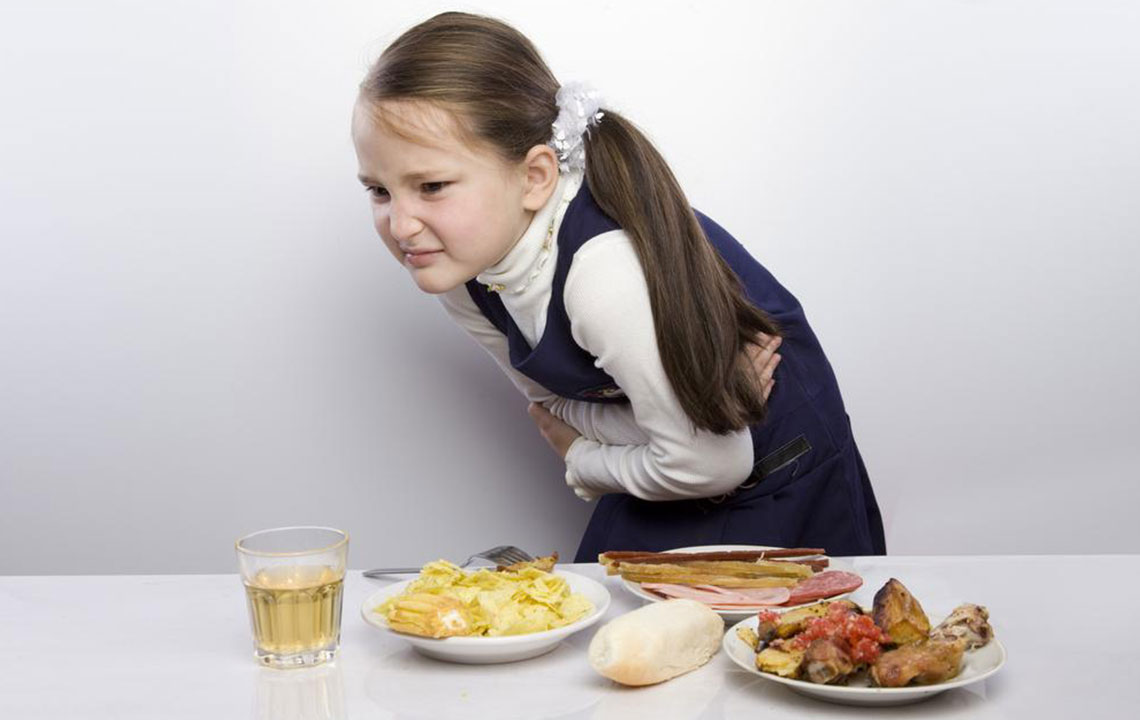
Understanding The Foods That Can Contribute to Diverticulitis and How To Prevent It
Diverticulitis is an often-overlooked yet significant gastrointestinal condition that affects millions worldwide. It involves the formation of small pouches known as diverticula within the colon wall. When these diverticula become inflamed or infected, it leads to discomfort and serious health complications. Many individuals are unaware of the dietary factors that can influence this condition. Recognizing which foods may potentially trigger diverticulitis and adopting effective prevention strategies can significantly improve digestive health and quality of life.
In its early stages, diverticulitis can be managed with dietary adjustments and lifestyle changes. However, if left unaddressed, it can worsen with age, leading to complications such as perforation, abscess formation, or bowel obstruction. Therefore, understanding the role of diet in either aggravating or alleviating symptoms is crucial for those susceptible to diverticulitis.
Nuts and Seeds
Nuts, seeds, and certain dried fruits are often considered healthy snacks, but they may pose risks for individuals prone to diverticulitis. These foods contain tiny seeds or particles that can get lodged in the diverticula, potentially irritating the intestinal lining. Although recent research suggests that nuts and seeds are not necessarily harmful and may even be beneficial for colon health in most cases, for individuals with existing diverticulitis or their early stages, it is advisable to limit or avoid these foods during flare-ups. Consulting with a healthcare professional about personal risk factors is recommended.
Gassy and Fried Foods
Fast foods, fried dishes, and processed snacks tend to be rich in trans fats and unhealthy oils that weaken digestive defenses. These foods are difficult to digest and can increase bowel pressure, promoting inflammation and discomfort. Vegetables like beans, broccoli, Brussels sprouts, cabbage, and lettuce are high in fiber but also produce gas, which can cause bloating and abdominal pain, especially in sensitive individuals. Moderating intake of such foods can help maintain digestive comfort and prevent flare-ups.
High-Fiber Whole Grains
While dietary fiber is generally beneficial for colon health, certain high-fiber foods might be problematic for those with active diverticulitis. Whole grain products like brown rice, whole wheat bread, oats, and barley are excellent fiber sources, but consuming them in large quantities during flare-ups can irritate the inflamed colon. It is advisable to introduce these foods gradually and consider portion control during disease exacerbations, while a fiber-rich diet remains a crucial aspect of long-term prevention.
Sugary and Carbonated Drinks
Soft drinks and foods loaded with refined sugars promote inflammation and can lead to bloating, gas, and abdominal pain. Excess sugar intake can disturb gut microbiota, weaken immune defenses, and aggravate existing inflammation in the colon lining. Replacing sugary sodas with water, herbal teas, or naturally flavored water is a healthier choice that supports colon health and reduces diverticulitis risk.
Lactose-Heavy Items
Diary products like whole milk, cream, and full-fat cheeses contain lactose, which may cause digestive disturbances in individuals with lactose intolerance. For some, consuming these items can trigger bloating, diarrhea, and abdominal pain, mimicking or aggravating diverticulitis symptoms. Opting for lactose-free alternatives such as skimmed milk, low-fat yogurt, and plant-based milks can improve digestion and reduce discomfort.
Refined and Sugary Snacks
Pastries, cakes, and baked goods made with refined flour and high sugar content are common culprits in weakening gut health. These foods promote inflammation and may disrupt gut flora, increasing the risk of diverticulitis episodes. Limiting consumption of such processed snacks and focusing on whole, nutrient-dense foods enhances overall digestive health and mitigates potential flare-ups.
Tobacco and Alcohol
Both smoking and excessive alcohol consumption are detrimental to gut health. Nicotine in cigarettes hampers the normal functioning of the digestive system, reducing blood flow to the colon and impairing healing. Alcohol irritates the gut lining and alters microbiota balance, leading to increased inflammation. Quitting smoking and moderating alcohol intake are vital steps toward reducing the risk of diverticulitis and promoting overall gastrointestinal health.
Spicy Foods
While spices like chili, cayenne, and curry add flavor, excessive use can cause heat and irritation in the digestive tract. Spicy foods may exacerbate inflammation, leading to discomfort in susceptible individuals. Incorporating spices in moderation and opting for milder seasoning options can help maintain gut integrity without compromising flavor.
Artificial Fermentation and Preservatives
Processed fermented foods often contain artificial additives, preservatives, and chemical agents that can negatively impact the gut microbiome. Relying on naturally fermented foods such as sauerkraut, kefir, or yogurt—without added chemicals—supports healthy bacteria in the gut. Avoiding artificially fermented beverages like certain sodas or artificially flavored drinks can aid in maintaining gut balance and preventing inflammation.
Hydration and Lifestyle Tips
Proper hydration plays a pivotal role in maintaining colon health. Drinking at least 8 to 10 glasses of water daily helps lubricate the digestive tract, facilitates waste elimination, and prevents constipation—an important factor in preventing diverticulitis. Regular physical activity, managing stress, and maintaining a balanced diet rich in fruits, vegetables, lean proteins, and whole grains further support gastrointestinal health and reduce inflammation risks. Monitoring symptoms and consulting healthcare providers for personalized advice is essential for managing diverticulitis effectively.
